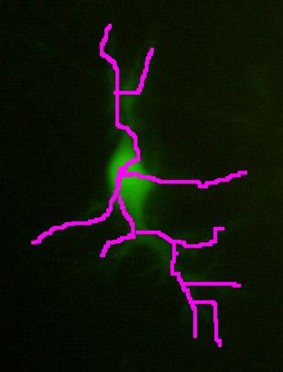Sensi Naturali e Artificiali
Docente Nicola Carbonaro
Numero totale di ore di lezione: 60
Elenco del materiale scaricabile dalla sezione "material"
Obiettivi
Introduzione ai sistemi sensoriali
Breve storia delle neuroscienze cognitive
La psicofisica
I sensi:




